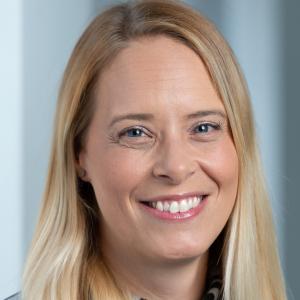
Today is the day all contentious probate practitioners have been waiting for – Supreme Court’s decision in Hirachand v Hirachand. Why is it so important? Because it has a significant impact on how claims brought under the Inheritance (Provision for Family and Dependants) Act 1975 (‘the Act’) will be funded in the future.
Before the Hirachand case, a party bringing a claim against an estate for reasonable financial provision under the Act would have to pay for their legal representation – which was often difficult for impecunious claimants to do, even though their claims were that much more meritorious as a result.
Many potential applicants under the Act are not in a financial position to afford legal advice but may nevertheless have a good claim. Law firms therefore sometimes offer conditional fee agreements (‘CFAs’), more commonly known as a ‘no win no fee’ arrangement to allow meritorious claims to be brought.
However, in return for taking the risk of not being paid if the claim is unsuccessful, the CFA usually contains a success fee with a sliding scale of recovery calculated as a percentage of fees. So, if you ‘win’ the solicitor gets paid their normal fees plus a ‘success fee’ on top which will typically be a percentage of the fees being charged.
The problem with this funding model was that once the Jackson reforms came into force, the success fee was not recoverable from the other side on any CFAs entered into after 1 April 2013 (excepting some particular cases which did not include claims under the Act).
As a result, a claimant under the Act who went to trial and won, would receive the award that the Judge considered met their financial needs. However, if they had instructed their solicitors under a CFA, the success fee would have to be paid out of the financial award, which inevitably reduced it. The amount awarded by the Judge as being necessary to meet the claimant’s financial needs was immediately eroded.
That led to claimants who were able to fund their litigation being in a better financial position than claimants who couldn’t, because while in both cases, a winning claimant’s costs would typically be recoverable from either the losing defendant or the estate, a claimant who could afford to pay as they went along would not have a success fee to pay.
The Hirachand case involved a claim by an adult daughter against her father’s estate. The daughter has complex health needs which had resulted in her not being able to work for at least a decade. The daughter instructed solicitors using a CFA and her claim was successful. She was awarded £138,918 from her father’s estate. On top of that, the court also awarded her £16,750 as a contribution towards the success fee payable as it was ruled that this was one of the daughter’s debts and therefore the judge found that they could take this into account when considering the size of the award being made to the daughter.
The case was appealed on the basis that success fees have not been recoverable since April 2013. The Court of Appeal upheld the decision that a success fee could be at least partly recoverable if it were included as part of the claimant’s overall financial position, rather than as part of their costs. However, unsurprisingly, that decision was appealed to the Supreme Court.
The Supreme Court handed down its judgment today, concluding that to allow the inclusion of a success fee, was to circumvent both common law rules relating to costs and the statutory prohibition against recovering a success fee from an unsuccessful party. Going forward, impecunious claimants will now need to meet any success fees from their award without any contribution from the estate or the unsuccessful party. It remains to be seen what impact this will have on the number of claims brought or whether this will make many potential claimants simply unable to pursue a claim.
If you wish to discuss anything regarding this case and how it could impact you and your future claim, please contact our Inheritance & Trust Disputes team, we will be happy to help.
